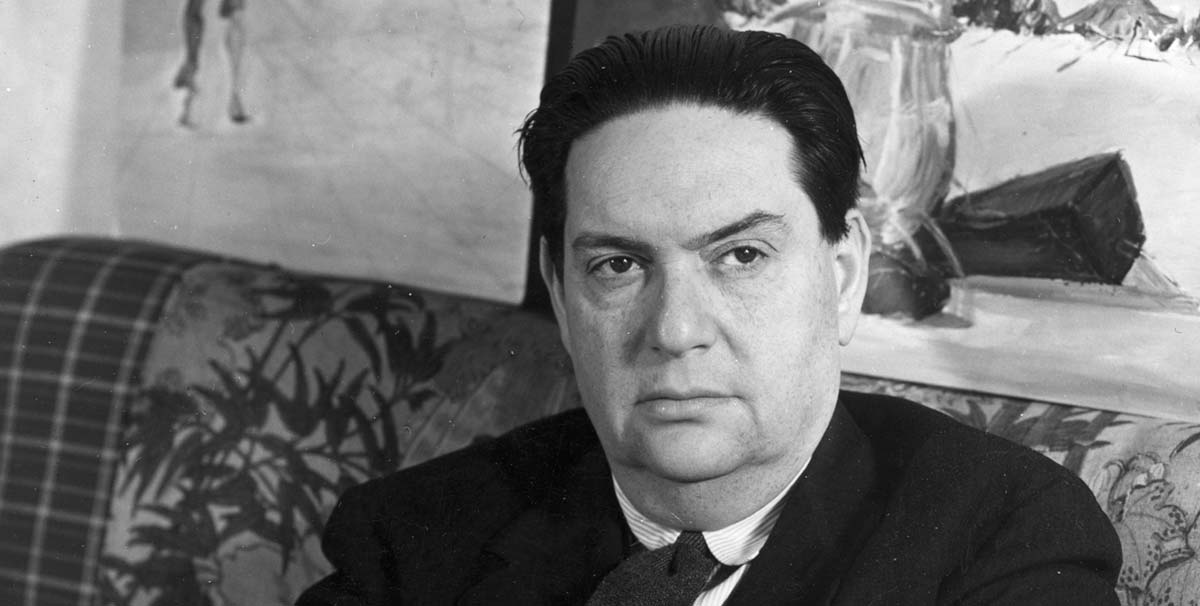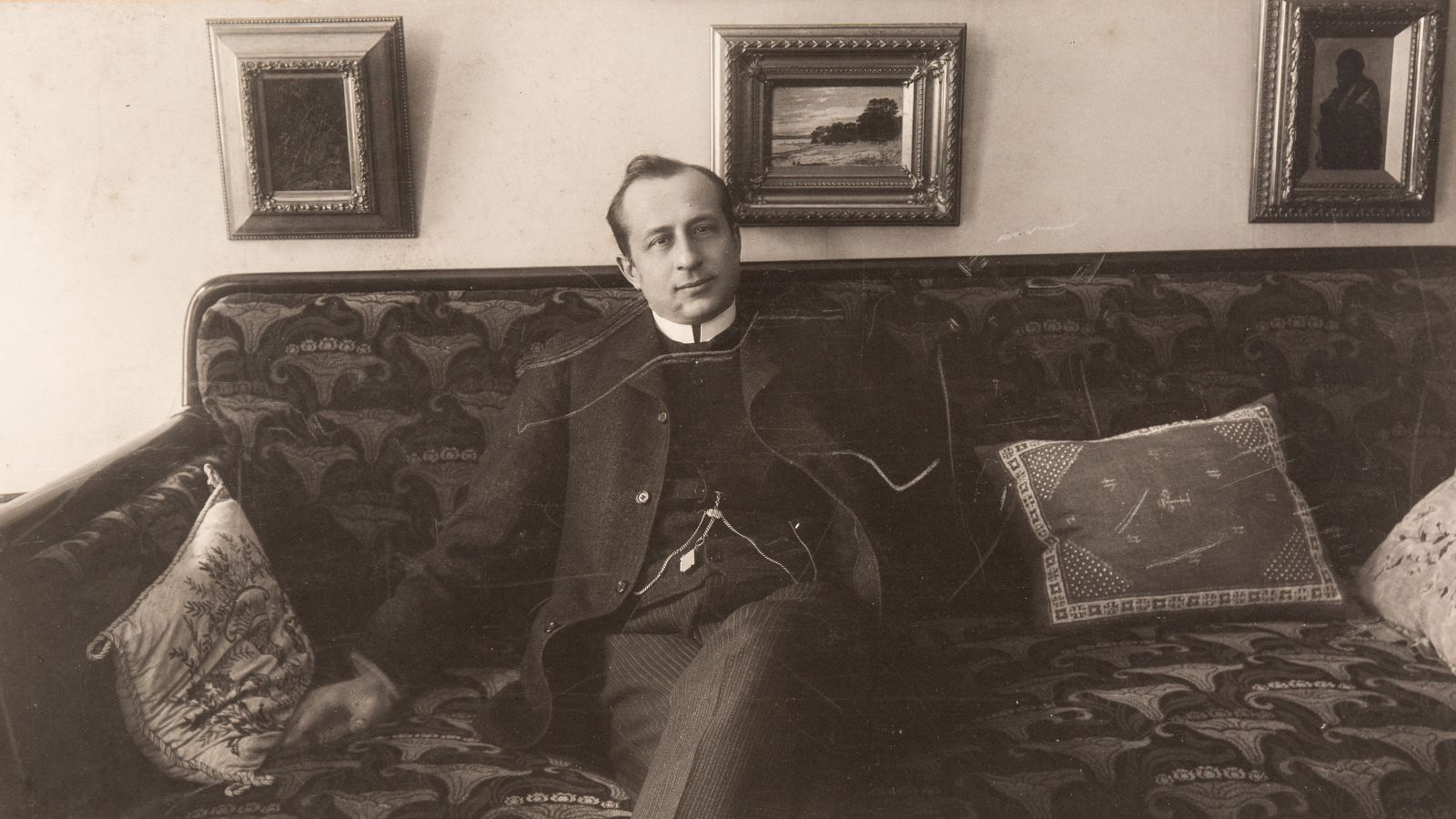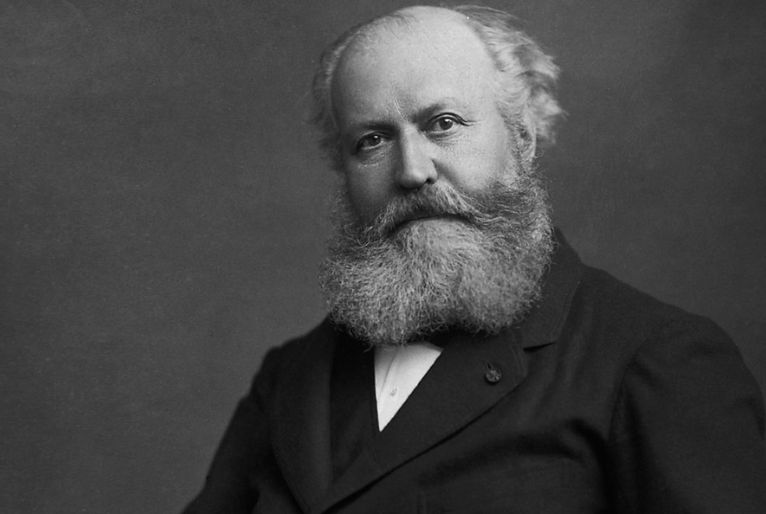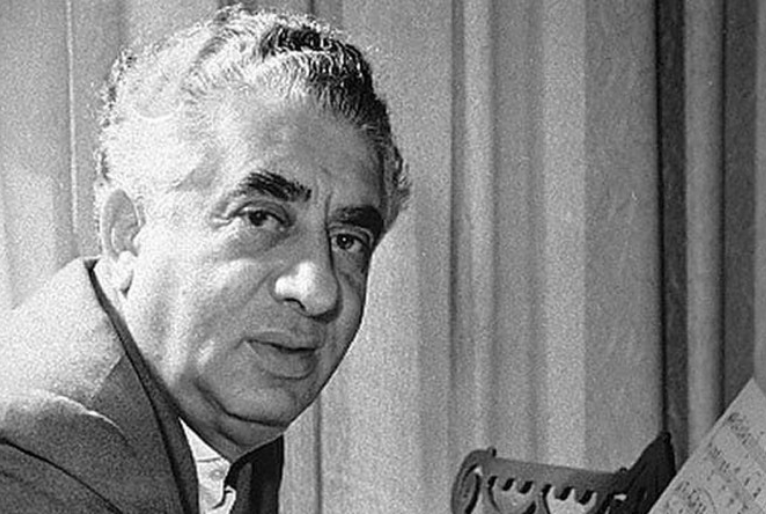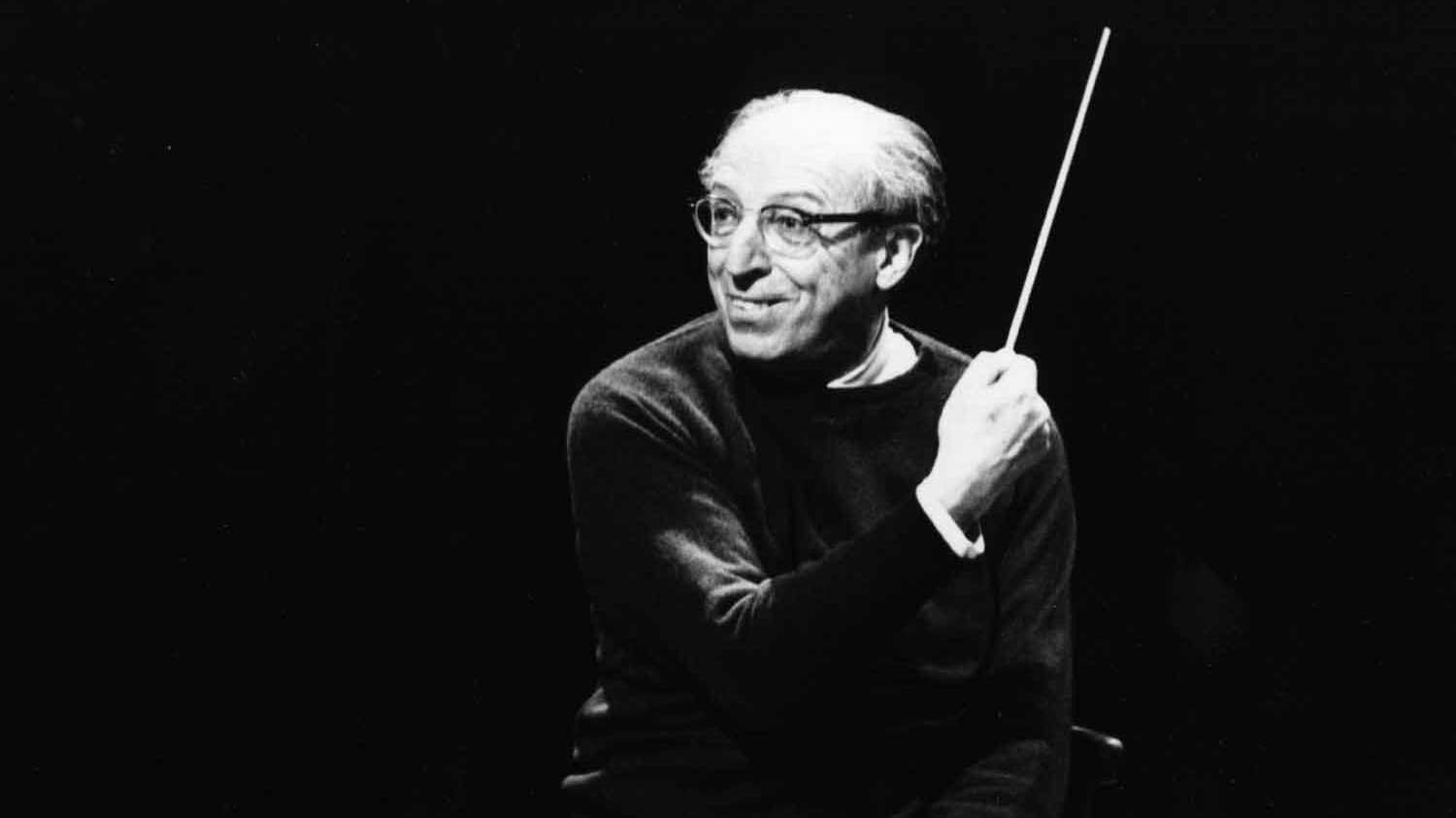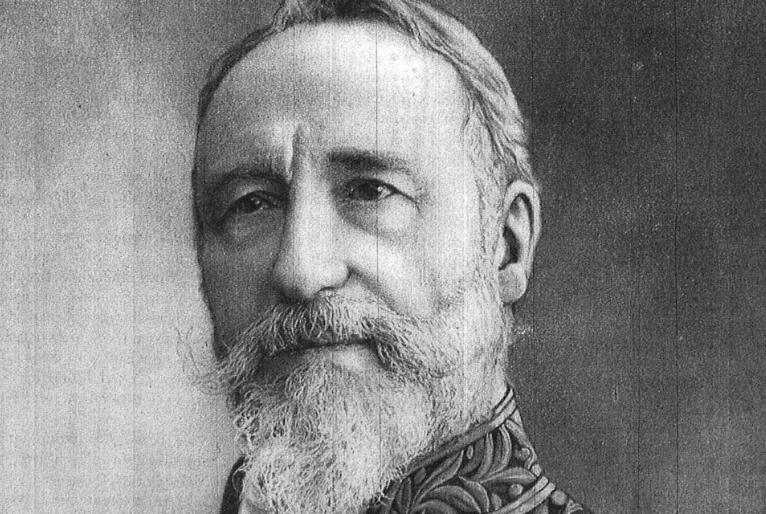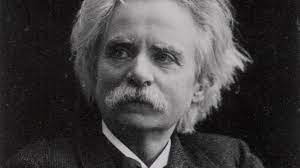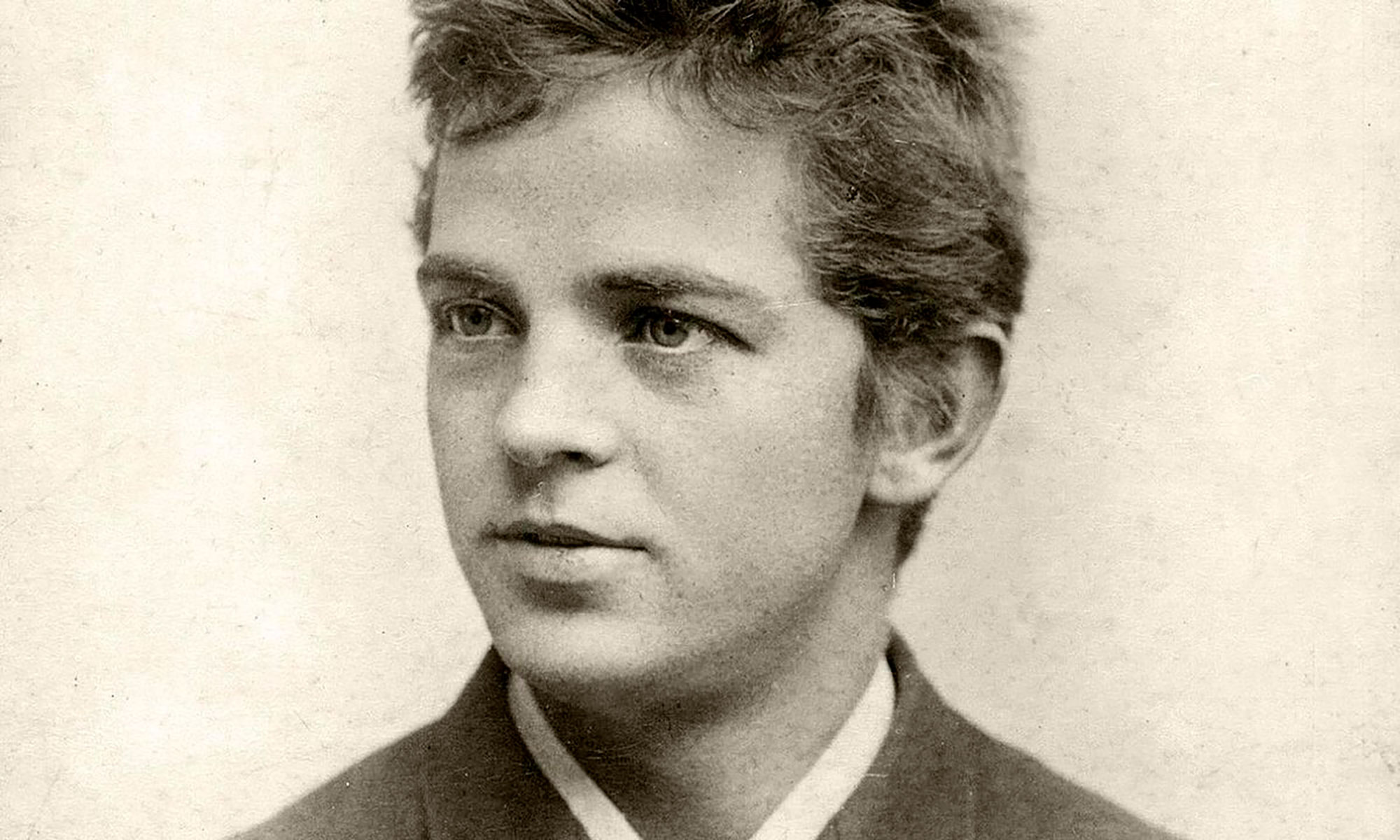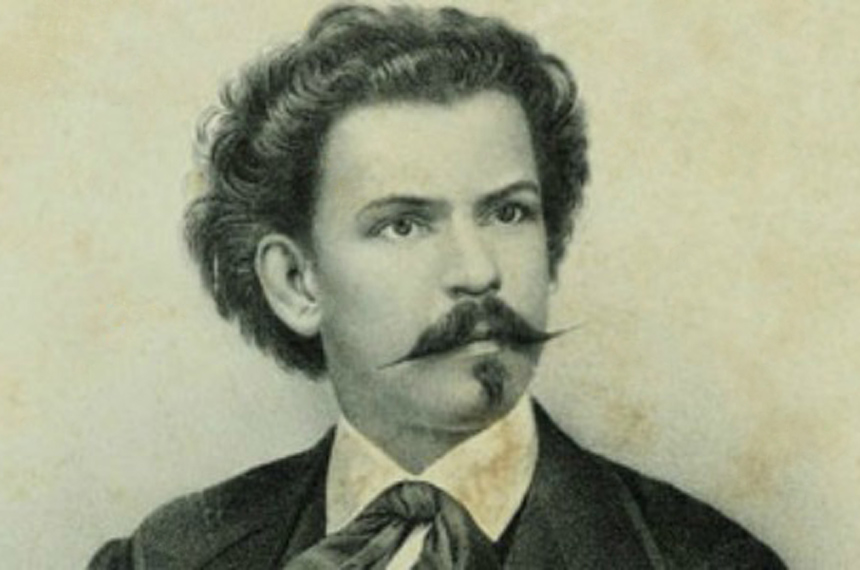Darius Milhaud, a pioneering figure in 20th-century classical music, left an indelible mark on the world with his innovative compositions and boundless creativity. Born on September 4, 1892, in Aix-en-Provence, France, Milhaud exhibited a profound musical talent from a young age. Growing up in a culturally rich environment, he was exposed to various musical influences, including the works of Debussy and Ravel, which would later shape his own musical style.
Milhaud's formal musical education began at the Paris Conservatoire, where he studied under renowned composers such as Charles Widor and Vincent d'Indy. Despite facing opposition from some of his instructors due to his unconventional approach to composition, Milhaud remained steadfast in his pursuit of innovation.
Alexander Siloti was a luminary in the realm of classical music, renowned for his exceptional talent as a pianist, conductor, and composer. Born on October 9, 1863, in Kiev, Ukraine, Siloti's musical journey began at a young age under the guidance of his mother, who was a talented pianist herself. Recognizing his prodigious abilities, she became his first piano teacher, nurturing his burgeoning talent.
At the age of nine, Siloti entered the Moscow Conservatory, where he studied piano with the legendary Nikolai Rubinstein and composition with Pyotr Ilyich Tchaikovsky, two titans of Russian music. His studies were marked by extraordinary dedication and passion, setting the stage for a remarkable career.
Charles Gounod, a luminary of 19th-century French music, graced the world with his enchanting melodies and profound compositions. Born on June 17, 1818, in Paris, France, Gounod demonstrated his musical prowess from an early age, receiving formal training at the Paris Conservatoire.
His journey to musical prominence was marked by a blend of innovation and reverence for tradition. Gounod's works traversed various genres, from operas and symphonies to sacred music and art songs. His operatic masterpiece "Faust," inspired by Goethe's legendary tale, remains a cornerstone of the operatic repertoire, celebrated for its lyrical beauty and dramatic depth.
Aram Khachaturian, the eminent Soviet composer of Armenian descent, left an indelible mark on the world of classical music with his innovative compositions. Here are ten intriguing facts about this musical genius:
1 - Early Influences: Born on June 6, 1903, in Tiflis (now Tbilisi, Georgia), Khachaturian was exposed to Armenian folk music from a young age, which greatly influenced his compositional style.
Aaron Copland, one of America's most celebrated composers, left an indelible mark on the world of classical music. Here are 10 fascinating facts about his life and work:
1 - American Pioneer: Aaron Copland was born on November 14, 1900, in Brooklyn, New York. He was raised in a Lithuanian Jewish family and was the youngest of five children.
Théodore Dubois, a luminary of the French musical scene in the 19th century, orchestrated his life with the same finesse and creativity with which he composed his music. Born on August 24, 1837, in Rosnay, France, Dubois exhibited a profound affinity for music from a tender age.
Dubois's journey into the world of music began with humble yet determined steps. Recognizing his prodigious talent, his family arranged for him to receive formal musical education at the Paris Conservatoire. Under the tutelage of prominent composers such as Ambroise Thomas and François Bazin, Dubois honed his skills in composition, counterpoint, and harmony, laying the foundation for his future triumphs.
Édouard Lalo, a prominent figure in the annals of classical music, was born on January 27, 1823, in Lille, France. His musical journey began at a young age, displaying a natural talent for the violin. However, his path to becoming one of France's most celebrated composers was not without its challenges.
Lalo's early years were marked by financial struggles, which forced him to seek employment as a violinist in various orchestras. Despite these hardships, his passion for music never waned. He eventually found success as a composer, thanks to his dedication and perseverance.
Edvard Hagerup Grieg, the renowned Norwegian composer, remains one of the most celebrated figures in classical music history. Born on June 15, 1843, in Bergen, Norway, Grieg displayed his musical talents from a young age. His mother, Gesine Judith Grieg, recognized his potential and encouraged his musical education.
Grieg's early musical training began when he was just six years old, learning the piano from his mother. His formal education in music started at the age of 15 when he entered the Leipzig Conservatory in Germany. It was here that he honed his skills in composition under the guidance of renowned composers such as Ignaz Moscheles and Carl Reinecke.
Carl Nielsen, the renowned Danish composer, left an indelible mark on the world of classical music with his innovative compositions and distinctive style. Here are 10 fascinating facts about this musical genius:
1 - Childhood of Poverty: Carl Nielsen was born on June 9, 1865, in a small village near Odense, Denmark. He grew up in humble circumstances, with his father working as a poor house painter. Despite the financial struggles, Nielsen's parents encouraged his musical talents from an early age.
Carlos Gomes, born Antônio Carlos Gomes, was a Brazilian composer whose melodies continue to resonate through the annals of classical music history. Born on July 11, 1836, in Campinas, São Paulo, Brazil, Gomes was the son of a military bandmaster and an amateur pianist. His early exposure to music within the familial setting sparked his passion for the art form, leading to his formal education at the Imperial Conservatory of Music in Rio de Janeiro.
Gomes' talent was apparent from a young age, and he excelled in his studies, mastering the piano and composition. His early compositions already hinted at the unique blend of European classical traditions with Brazilian folk elements that would later characterize his work. In 1859, he traveled to Italy on a scholarship, a journey that would profoundly shape his musical identity.
